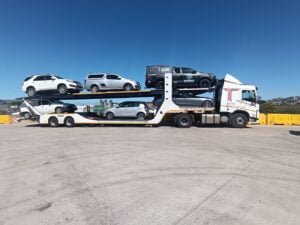Transport Companies vs. Self-Driving: Navigating the Future of Mobility
Introduction
Transport Companies vs. Self-Driving. In the rapidly evolving world of transportation, a significant debate is unfolding between traditional transport companies and emerging self-driving technologies. As self-driving vehicles become more sophisticated and prevalent, it is crucial to understand how they stack up against established transport services. This article will delve into various aspects of both modes of transportation, providing a comprehensive comparison that highlights benefits, challenges, potential impacts, and prospects.

Understanding Traditional Transport Companies
Transport companies have long been the backbone of mobility, offering a range of services from public buses and trains to taxis and freight transport. These companies are integral to the economy and the everyday lives of millions.
How Traditional Transport Companies Operate
Traditional transport companies typically operate through a centralized system where schedules and routes are predetermined. This section will explore the logistics, management, and operational frameworks of these companies.
Advantages of Traditional Transport Companies
From reliability to extensive networks, traditional transport companies offer numerous benefits. We’ll discuss how these companies have evolved to meet customer demands and the advantages they continue to offer in the face of technological advancements.
Challenges Facing Traditional Transport Companies
Despite their advantages, traditional transport companies face several challenges, including operational inefficiencies and environmental concerns. This section will cover the primary hurdles they must overcome to stay competitive.
The Rise of Self-Driving Technology
Self-driving technology promises to revolutionize the way we think about transportation. Autonomous vehicles (AVs), equipped with advanced sensors and AI, aim to offer safer and more efficient travel options.
How Self-Driving Technology Works
An overview of the technology behind autonomous vehicles, including sensors, algorithms, and machine learning models, will be provided here.
Benefits of Self-Driving Vehicles
Self-driving vehicles offer a myriad of potential benefits, including reduced human error and increased safety. This section will detail these advantages and discuss how they could transform everyday transportation.
Current Limitations of Self-Driving Vehicles
While promising, self-driving technology is not without its flaws. We will examine the current technological and regulatory limitations that are impeding the widespread adoption of autonomous vehicles.

Comparative Analysis: Transport Companies vs. Self-Driving
This section will provide a direct comparison of traditional transport companies and self-driving technologies, focusing on aspects such as cost, accessibility, environmental impact, and user experience.
Economic Implications
The economic impact of both transport methods, including the potential for job creation or loss and its effects on the global economy, will be analyzed here.
Safety Comparison
A detailed comparison of the safety records of traditional transport services and self-driving vehicles will be presented, shedding light on which is statistically safer.
Environmental Impact
Discuss the environmental implications of both transportation modes, including emissions, energy use, and the potential for sustainable practices.
Consumer Perspectives on Transport Companies and Self-Driving Technology
Understanding public perception is crucial in evaluating the success and acceptance of new technologies. This section will explore consumer trust, preferences, and readiness to adopt self-driving technology.
The Future of Transportation
Predicting the future is always challenging, but current trends can offer valuable insights into where transportation is headed. This section will discuss potential future scenarios for both traditional transport services and self-driving technologies.
Innovations on the Horizon
Upcoming technological advancements and innovative business models that could further disrupt the transportation sector will be highlighted here.
Regulatory and Ethical Considerations
The future of transportation is not just about technology but also about how it fits within societal norms and legal frameworks.

FAQs About Transport Companies and Self-Driving Vehicles
- Which is more cost-effective in the long run, traditional transport companies or self-driving vehicles?
- How might self-driving vehicles impact employment within the traditional transport sector?
- What are the main safety concerns with self-driving vehicles?
- Can self-driving vehicles fully replace human-driven ones in the future?
- How are governments responding to the rise of self-driving technology?
- What should consumers know before choosing between traditional transport services and self-driving vehicles?
Conclusion
The competition between traditional transport companies and self-driving technology encapsulates the broader challenges and opportunities of technological advancement. As we navigate these changes, it will be essential to balance innovation with safety, efficiency, and ethical considerations.
============================================

Get Your Vehicle Transported To Anywhere In South Africa With Intercity Auto Movers:
- Door-to-door delivery
- 24-hour delivery
- Instant Quote
- 13+ Years experience
- Professional Service
- Insurance coverage
- Safe and on-time delivery guaranteed with money back
So why wait let’s move your vehicle with ease today!
Get Your Free Quote Today And Save Big!!! -> Here <-
- Locations: Cape Town Location
- Contact Details: Terms and Conditions
- News: News
- Testimonials: Home
- Twitter: https://twitter.com/IAMSA_Transport
